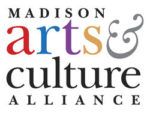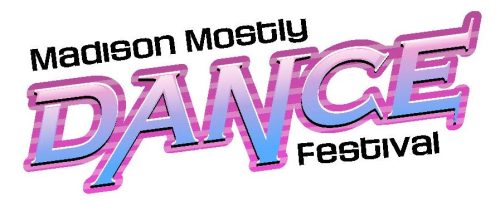
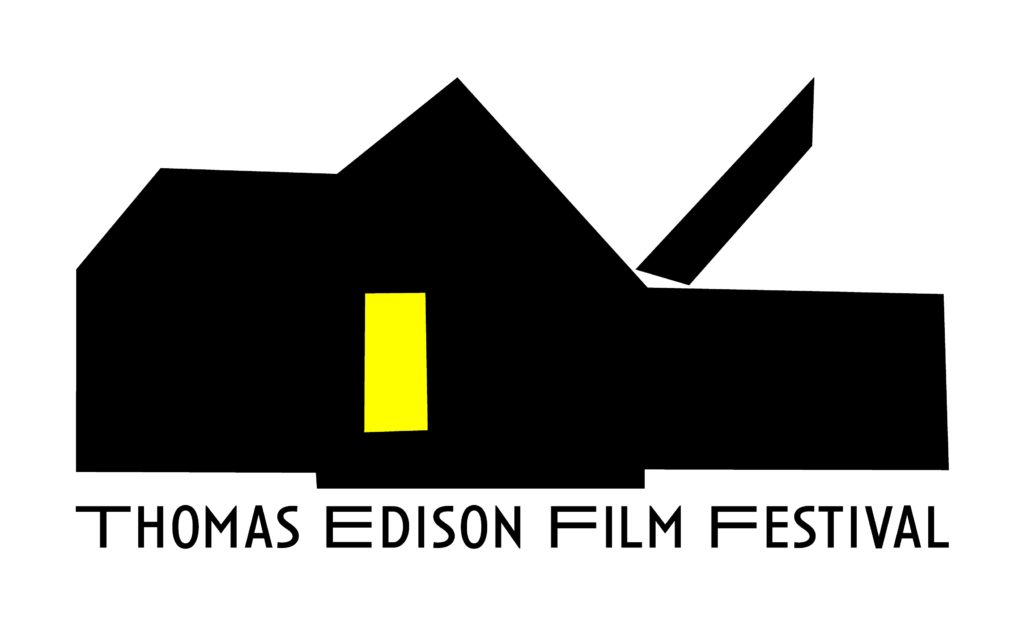

The Shimmering Extraordinary, a short film from Scotland; photo by Hayaat Zahra.
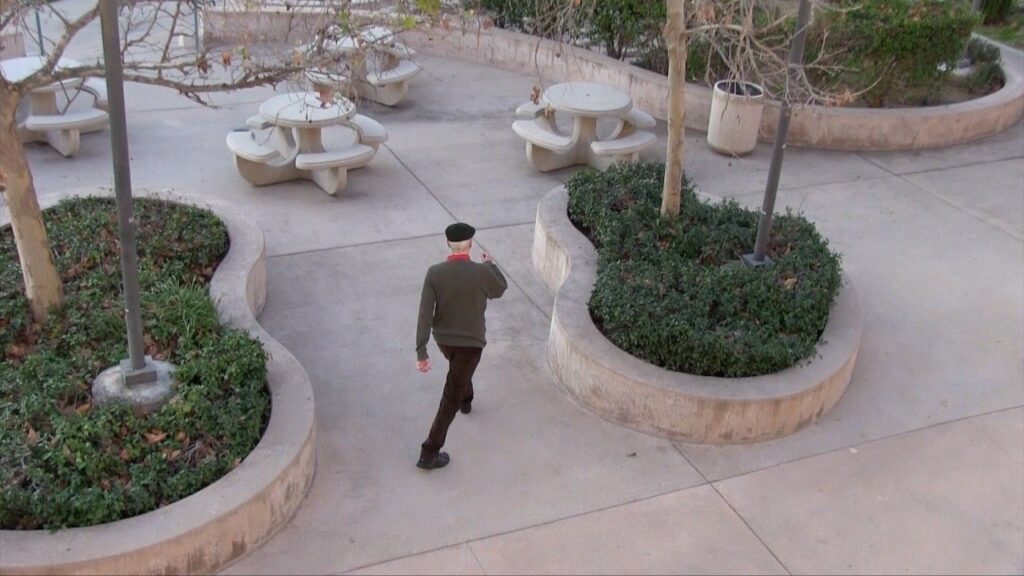
The Little Man; photo courtesy of Richard Kuller.
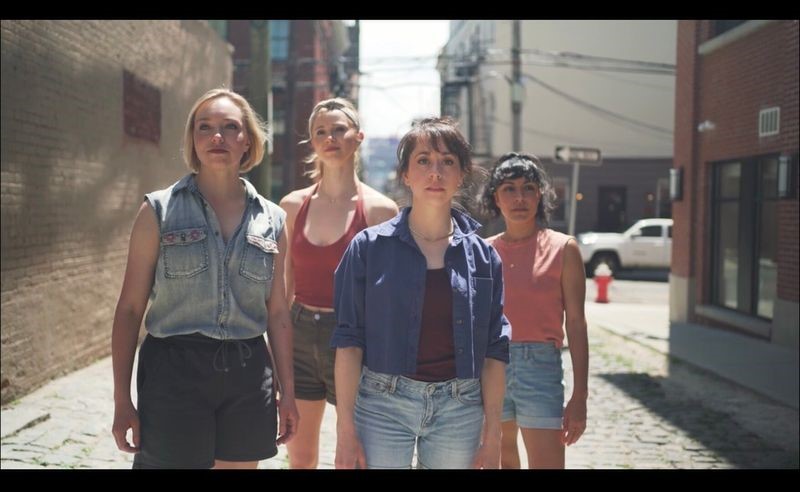
A Place for Us; photo courtesy of the filmmakers.
Screen Dance has become an important category for the Thomas Edison Film Festival (formerly The Black Maria Film Festival), an internationally-renowned juried festival of short-form films. TEFF screens juried short films from all over the world, advancing the creative power of film across several genres including narrative, experimental, documentary, screen dance and hybrids. This program presents the very best films that include dance.
Executive Director Jane Steuerwald will introduce the program and discuss how dance is used in each of the films.
Time: 7:30 pm
Tickets: $15 in advance | $20 at the door | Students $10
To learn more about the Thomas Edison Film Festival, click here. This program features 10 award-winning short films from the Thomas Edison Film Festival, each with a dance motif.
The Program
The Shimmering Extraordinary by FX Goby, the Scottish Ballet of Glasgow, Scotland, focuses on the stories of six individual dancers.
Bold by Alla Kovgan and Miko Malkhasyan of New York City, tells about the surreal night shift of a female prison guard.
Impossible Image by Karen Pearlman and Richard James Allen of New South Wales, Australia, remixes the anarchy and gender play of 1920s women with the fury, irony, and sly humor of dancing women today.
Offering by Marlene Millar of Quebec, Canada, creates a joyful convergence between body percussion artists and emerging dance artists.
Simulation by Heather Lang and Purdie Baumann of Sunnyside, New York, is about reclaiming the sacred love of dancing.
Life Left Behind by Valia Phyllis Zward of Oslo, Norway, tells the story of a woman as she attempts to reconcile with her past.
Walls Running by Charlotte Griffin on Irvine, California, is part of a series of short “impromptus” commissioned at California State University.
As Big As The Sky by Lindsay Clipner of Overland Park, Kansas reimagines spaces and the cross-pollination between the artistic mediums of sculpture, dance and film.
The Little Man by Richard Kuller of Van Nuys, California, depicts what happens when a college dance instructor arrives at school to practice.
A Place for Us by Leigh-Ann Esty and Ellie Gravitte of Hoboken, New Jersey, tells the tale of two rival male gangs who constantly fight to protect their territory. In a gender reversal, the film uses females instead of males.
Following the screening, Executive Director Jane Steuerwald and filmmaker Richard Kuller, whose short The Little Man will be shown, will engage in a discussion with the audience about films, screen dance, and the Thomas Edison Film Festival.
About the TEFF
Since 1981, the mission of the Thomas Edison Film Festival (TEFF) has been to promote innovation in the art of the moving image, and the films that are the centerpiece of the festival honor Edison’s vision. Edison’s films did for the eye what his phonograph did for the ear. He made 75, twenty-second-long films in his West Orange studio. His earliest films presented magic shows, plays, vaudeville shows with dancers and strongmen, cowboys, and boxing matches.
The Festival’s relationship to Thomas Edison’s invention of the motion picture camera and the kinetoscope and his experimentation with the short film is an essential part of our mission. Shorts are the essence of the festival – not a sidebar to feature films. TEFF is a socially conscious, modern, fiercely independent traveling showcase for shorts, reaching out to diverse audiences with provocative, timely, edgy and compelling new works by both accomplished and emerging filmmakers.
The Thomas Edison Film Festival welcomes all genres including narrative, experimental, animation, documentary, screen dance and hybrids. The organization celebrates films which address the environment, race and class, immigration, the LGBTQ+ community, people with disabilities and issues of social justice. The films are artistic, empathetic, and engaging works which simultaneously teach and entertain.
Funding has been made possible in part by funds from Morris Arts through the New Jersey State Council on the Arts/Department of State, a Partner Agency of the National Endowment for the Arts.

